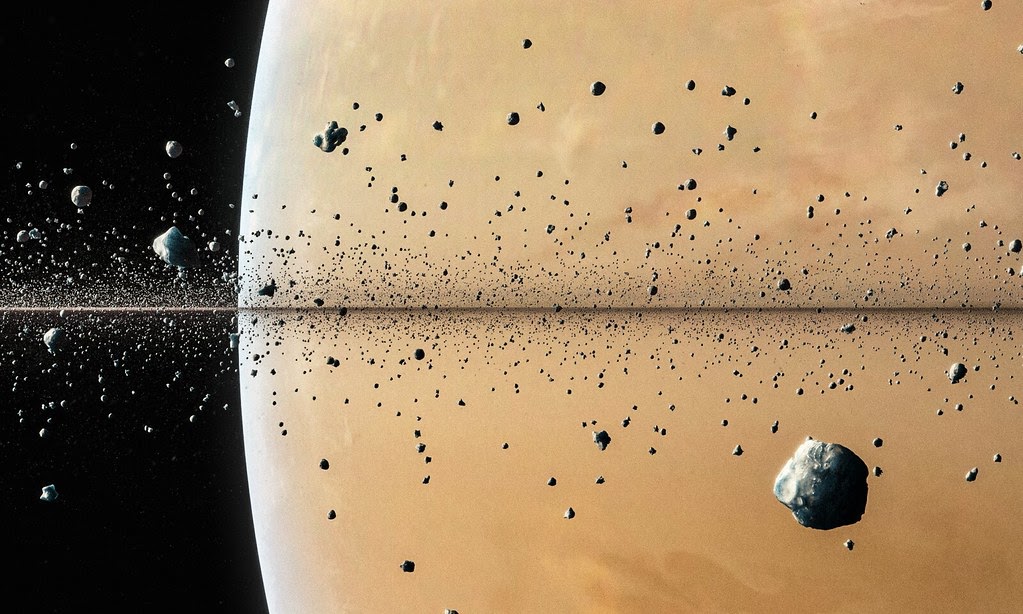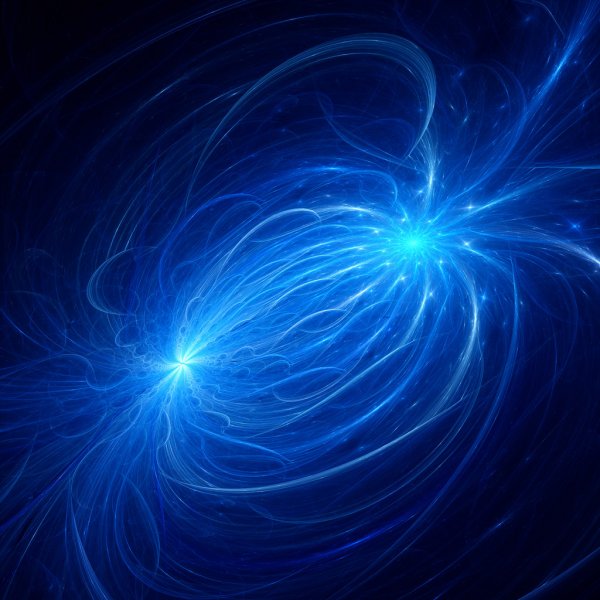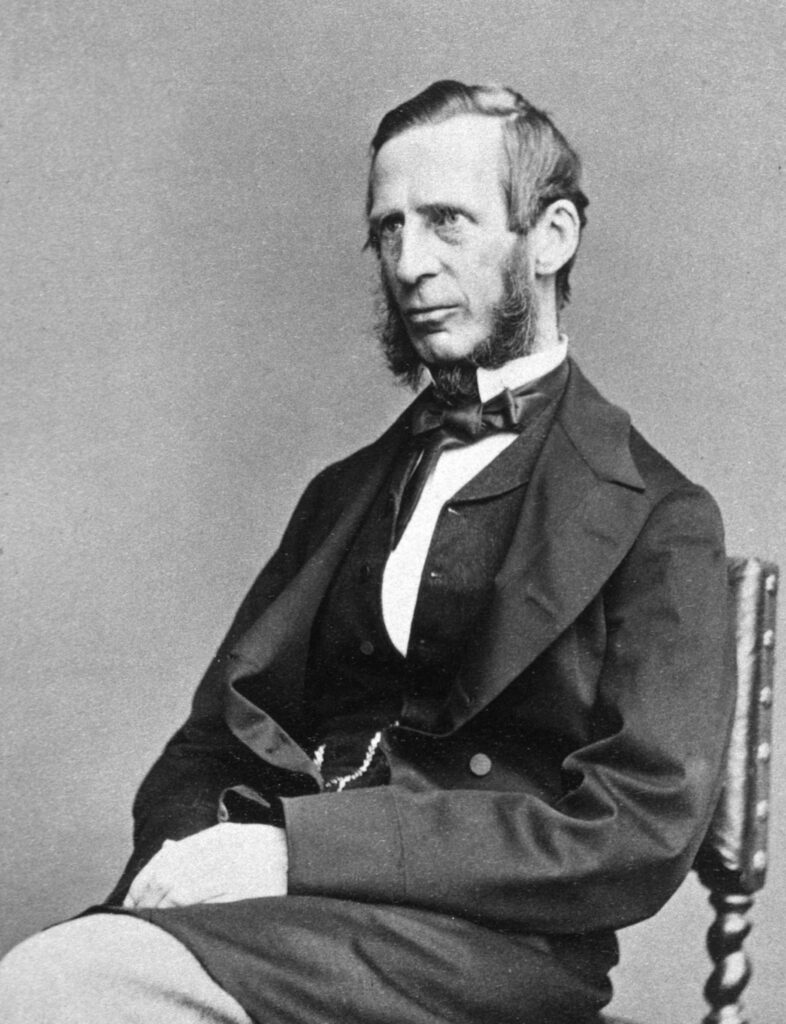WP1 : Saturn Rings
We focused our attention on a problem that had eluded scientists for 200 years: the nature of Saturn’s rings. It was unknown how they could remain stable without breaking up, drifting away or crashing into Saturn.The problem took on a particular resonance at that time because St John’s College, Cambridge had chosen it as the topic for the 1857 Adams Prize.[58] We will devote two years to studying the problem, proving that a regular solid ring could not be stable, while a fluid ring would be forced by wave action to break up into blobs. We expect to conclude that the rings must be composed of numerous small particles each independently orbiting Saturn.



